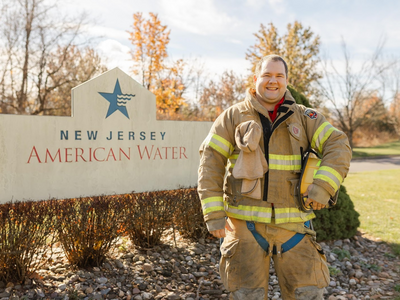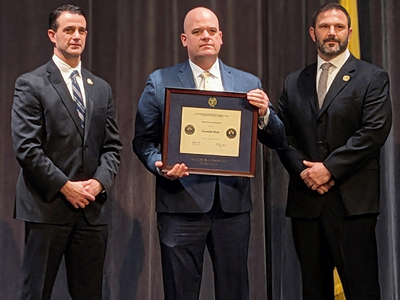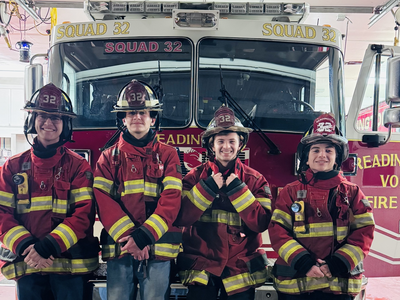The Art of Conversation: Why Getting to Know Your Neighbors Matters More Than Ever
In Raritan and across the nation, fewer people report having close friends than in past decades. According to a 2023 Pew Research Center survey, 53% of U.S. adults say they have between one and four close friends—while 8% admit to having none at all. Alarmingly, that share of “friendlessness” has climbed from just 3% in 1990 to 12% in 2021.
Meanwhile, younger generations face growing challenges in face-to-face social engagement. A recent report found that 39% of Gen Z (ages 18–28) feel a strong urge to check their phones mid-conversation—often disengaging after just two minutes and fifteen seconds.
Adding to this, many workplaces have reported what’s now being called the “Generation Z stare”—a habit where younger employees remain silent in meetings or give little verbal response, instead relying on prolonged eye contact or minimal interaction. While not intentional, this communication gap can make coworkers feel uncomfortable or interpret silence as disinterest. Over time, it affects trust, team collaboration, and career advancement, as clear communication is one of the most valued professional skills.
Across the country, "Adulting Workshops" are on the rise, which include teaching and coaching adults' social etiquette to succeed in work and their personal lives.
Why Good Conversation Matters—Especially Now
Etiquette icon Emily Post emphasized that meaningful dialogue thrives on courtesy, respect, and genuine interest in others. In our everyday lives, that looks like:
- Starting with kindness
A heartfelt greeting or warm smile can open the door to connection. - Listening attentively
Conversation is more about reciprocation than monologues. - Inviting inclusion
Ask thoughtful, open-ended questions and avoid gossip or invasiveness. - Cultivating curiosity
Let your neighbor’s story unfold naturally—genuine interest goes a long way.
- Why does this matter right here, in our own backyards? Because acts of kindness and connection don’t just stay local—they reverberate.
-
Individual well-being: People with even a few close friends report higher life satisfaction and mental wellness. When we talk, listen, and show we care, it builds emotional resilience and reduces the loneliness that many face today.
-
Professional and social confidence: Especially for younger adults, learning conversational skills—like presence, eye contact, and empathy—can boost social competence and ease workplace interactions. The absence of these skills, whether it’s through the “Gen Z stare” or conversational withdrawal, can hold people back at work.
-
Community strength: In towns like Raritan, friendly waves, casual greetings, and simple conversations knit us into a network of care. These bonds foster safety, shared purpose, and civic engagement—demonstrating that kindness is foundational, not optional.
In an era where genuine friendships seem rare and social skills are eroding, everyday conversations matter more than ever.
Greetings, politeness, and taking the time to say thank you don’t just brighten someone’s day—they lay the groundwork for a community where everyone belongs.
More News from Raritan
- YOU Are Invited to Be a Virtual Guest for the Launch of NASA's SpaceX Crew-12 Mission The Crew-12 mission will carry NASA astronauts.
- First Saturday and E-Waste Recycling Drop-Off Events to be held on February 7 Proof of Somerset County residency is required.









